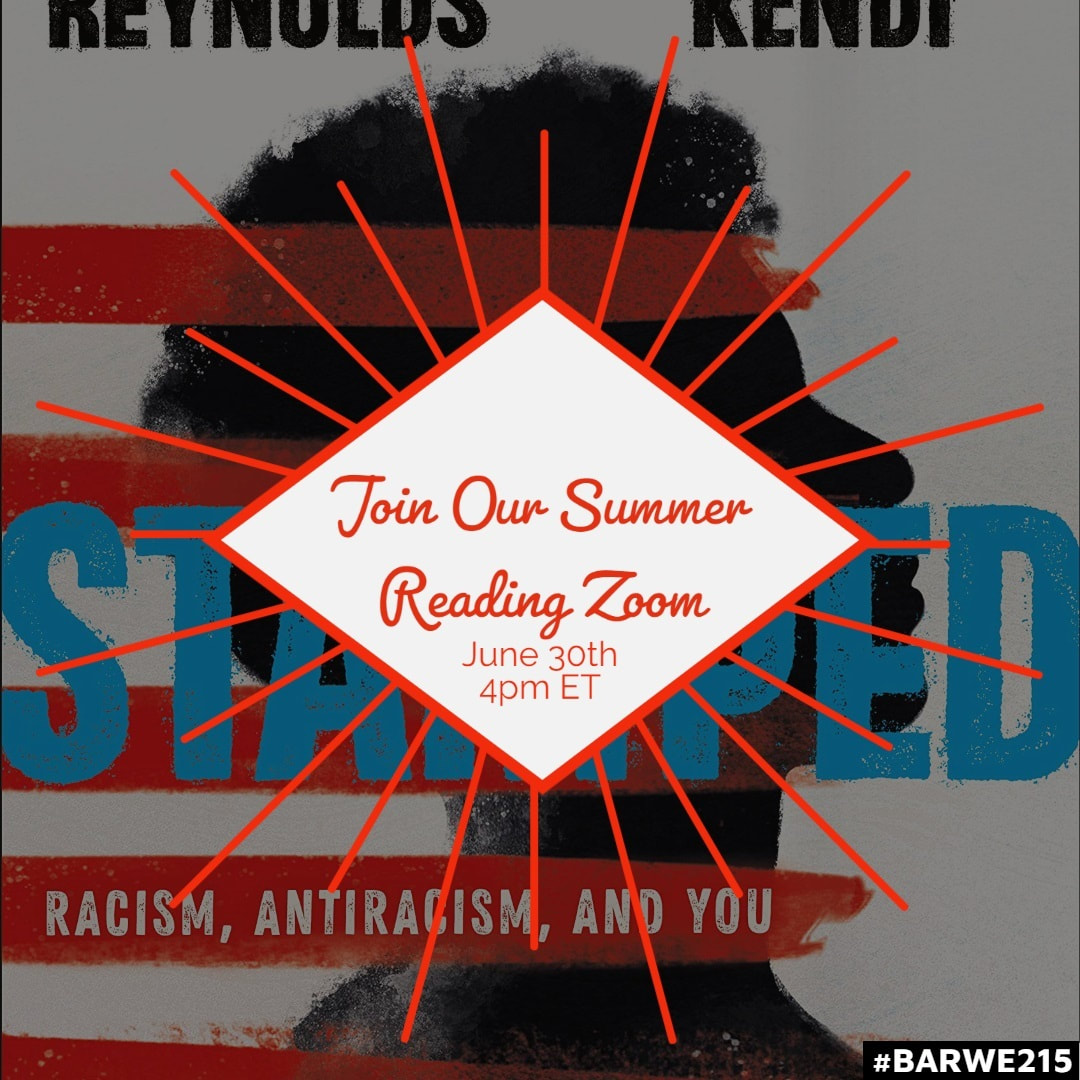- About Us
-
Inquiry Series
-
Current Year 23 - 24 School Year
>
- June: End of Year Reflection
- May: How do we support students of color navigating admissions processes?
- April: How do we support students and teachers when they face backlash for speaking out for racial justice?
- March: How can we find inspiration in white antiracists currently doing this work?
- February: How can we learn from white anti-racists of the past?
- January: How can you build solidarity across differences?
- December: How do we give ourselves space to process when we feel stuck/overwhelmed/enraged?
- November: How do we fight back against attacks on racial and gender justice education?
- October: Why is it important to understand both the history of CRT and what it has come to mean?
- September: How do we keep the focus on race as we engage in antiracist reflective practice?
- Previous Inquiry Series
- Inquiry Resources >
-
Current Year 23 - 24 School Year
>
-
Summer Events
- Writings
We’d also like to share some resources for folks who weren’t able to make it or would like to revisit our discussion. Here is the Padlet we used to allow everyone to contribute notes during the discussion, with some highlighted resources, articles, books, and videos at the top. Here is a video of Keziah Ridgeway’s keynote section where she dove into definitions of racism.
Discussion Questions (parts 1-3):
- Discussions of racism should be uncomfortable, especially for white folks. What about these opening chapters made you uncomfortable?
- Reynolds emphasizes that this is not a history book, it’s a present book. What about the first sections of this book feels most “present” to you?
- In addition to understanding the history of racism, it is important for us to have models of what antiracist action can look like. What examples of antiracism stood out so far for you? What inspiration do they give for your work?
- The authors talk a lot about the contradictions of Thomas Jefferson. For example, he believed slavery was wrong but continued to own enslaved people. As we strive to be antiracist in our own lives, can we identify ways that we participate or remain complicit in current systems of oppression that don’t align with our stated beliefs?
